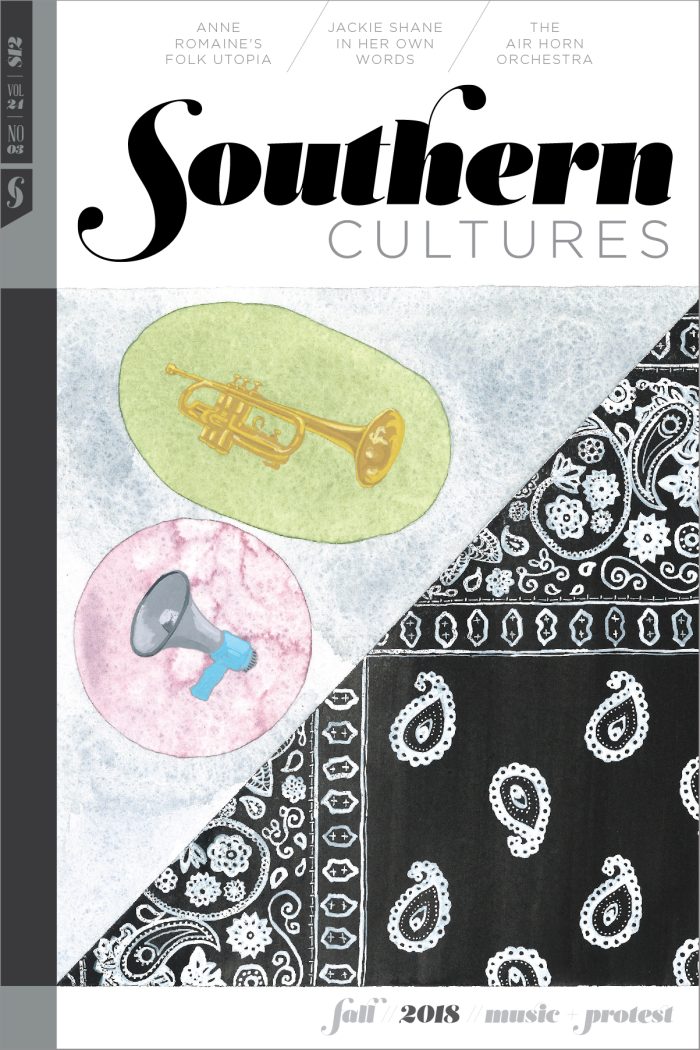“‘The problem right now is we have no anthem.’”
Reflecting on her induction into the Rock & Roll Hall of Fame in 2017, folk icon Joan Baez was underwhelmed by the resurgence of protest music. “There needs to be more. It’s terribly important, because that’s what keeps the spirit,” she told Rolling Stone. “Carping and shouting, as much as it gets stuff off your chest in front of 100,000, you really need something uplifting . . . The problem right now is we have no anthem.” Baez’s definition of useful music—something uplifting, preferably an anthem—summarizes her own canon of protest music and history with activist movements. Baez famously marched hand in hand with Martin Luther King Jr. and Bob Dylan, singing “We Shall Overcome” at the 1963 March on Washington, in this spirit of optimistic uplift, and churned out topical songs that provided rallying cries against the Vietnam War and racial injustice.


